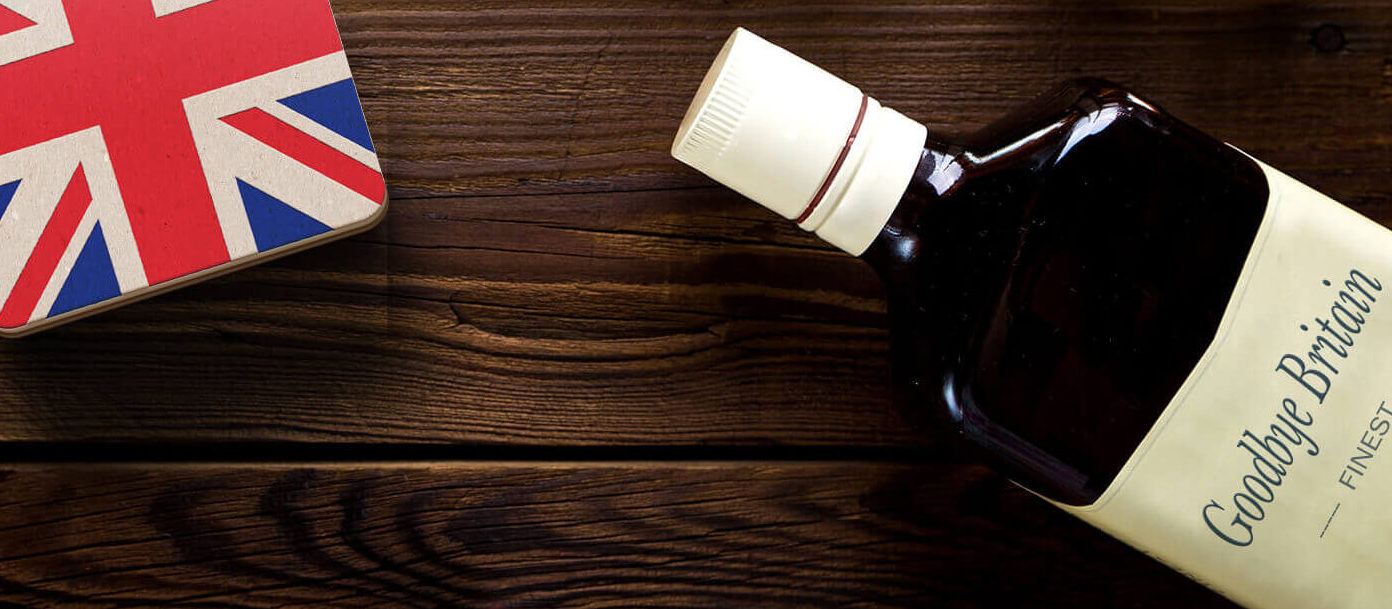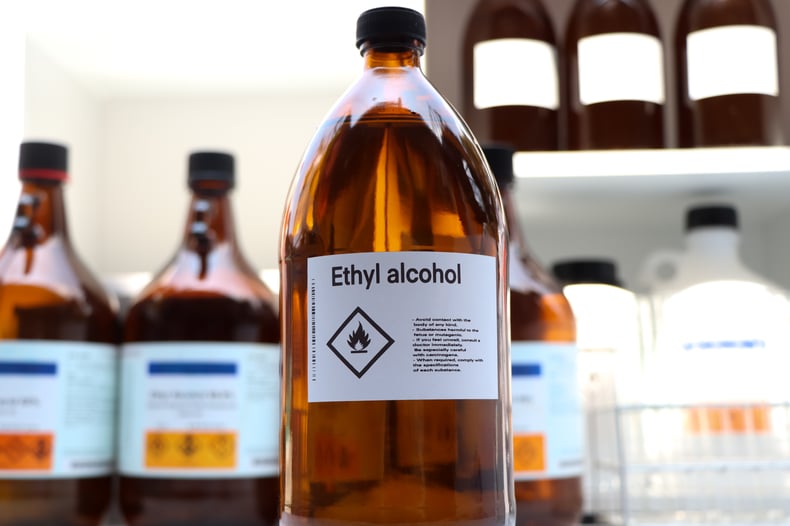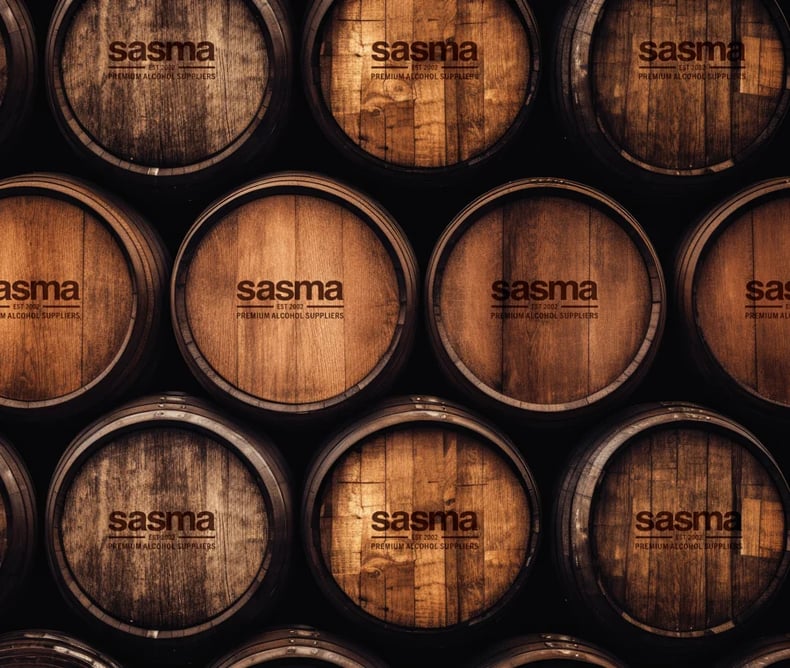
Brexit: Alcohol Trade and its Opportunities
After 40 years of relationship, the divorce negotiations of the UK and the EU are soon to begin. This real-life soap opera has the potential to be the break-up of the century: held in the public eye and affecting essentially the entire world. Politics aside, trade is the main area governments, companies and individuals are most apprehensive about. Envisioning possible negative outcomes is easy. Acknowledging trade potential, opportunities and even possible benefits of Brexit requires a bit more imagination, and perhaps even a slight tilt of the head to gain a fresh perspective.
Alcohol & the United Kingdom
The UK is a renowned alcohol producer, as well as a strong consumer. Around 12 litres of pure alcohol are consumed per capita per year, according to the World Health Organization. Thanks to its pub culture, rich history, and world-famous spirits such as whiskies, gins and liqueurs, the UK’s products are likely to be continued to be held in high regard.
Recent developments
Despite the devaluation of the pound seeming less than desirable, precisely this may keep the UK and its products able to compete on the world market. For instance, the export of the premium spirit Scotch whisky is currently less expensive. Having held a central position in the world’s wine and spirit trade for centuries, the UK’s position is marked in the present by a recent rise in distilleries. In 2016 there were 45 new distilleries registered in the UK, equaling a 17% increase as compared to the previous year.
Britain’s wine and spirits industry made £1.8 billion in EU exports in 2015. Sourcing from the UK means importing; trade practices may shift, or maybe the status quo kept. Exactly what new duties and taxation systems, if any, will be put in place remains to be determined, along with their compatibility with current trade practices.
The Ebb and Flow of Alcohol across the European Continent
While an EU member steps away, other European countries could take steps forward with their economies. Certain European whiskies may benefit, perhaps those geographically close to the UK such as Irish whiskey, but also other countries in Eastern Europe. Future circumstances will likely require creative thinking in the market, and the West may end up looking East for solutions.
London dry from Spain?
Globalization presents options that were previously not exactly top-of-mind. An example is London dry gin, which is often associated with the city of London. However, it gets its name not from the place of production, but its unique recipe. Gin from Spain or the Netherlands, the country where gin originates from, could potentially see an increase in demand. Exploring new alternatives could affect, and be affected by, changing preferences and palettes.
Change = Constant
The Wine and Spirit Trade Association has published a paper with its recommendations regarding Brexit and trade, but whether these terms will be accepted remains unsure. In a world where the only constant is change, hoping for the best and preparing for the worst is a recommendable mindset. The UK and Europe have long been intertwined. Regardless of the outcome of negotiations, Brexit may present both parties with the opportunity to redefine their identities in the future. Whether these opportunities will be recognized and taken advantage of, remains yet to be seen.
What possibilities do you think will arise from Brexit? Premium alcohol supplier Sasma strives for a well-rounded perspective; ensuring we remain a reliable business partner, especially in times of change.
Related articles
-

Meet Sasma’s New Warehouse Manager in Halsteren
Mark shares his background, his vision for safe & efficient operations, and how Halsteren will serve as a natural...Read more -

Is Ethyl Alcohol Halal?
Ethyl alcohol is widely used acrossmany supply chains, where it primarily serves as a functional ingredient rather than...Read more -

Sasma 2025 Year in Review
As we close out Q3, we share the key developments shaping our industry: global trade agreements & tariff shifts,...Read more -

Sasma Halsteren Facility On Track To Open April 2026
Sasma’s new Halsteren warehouse is progressing as planned, marking a significant investment in our long-term...Read more -

Exploring Bulk Whisky with Sasma: Quality, Customization, & Expertise
Understanding the factors shaping bulk alcohol pricing is crucial. Learn how raw materials, production processes, and...Read more -
.jpg?width=790&height=980&name=sasma-apr25-websize-366%20(1).jpg)
What Is A CAS Number and Why Is It Important?
Quality at Sasma more than a standard we adhere to. we're suppliers of bulk spirits & alcohol, from sourcing and...Read more

